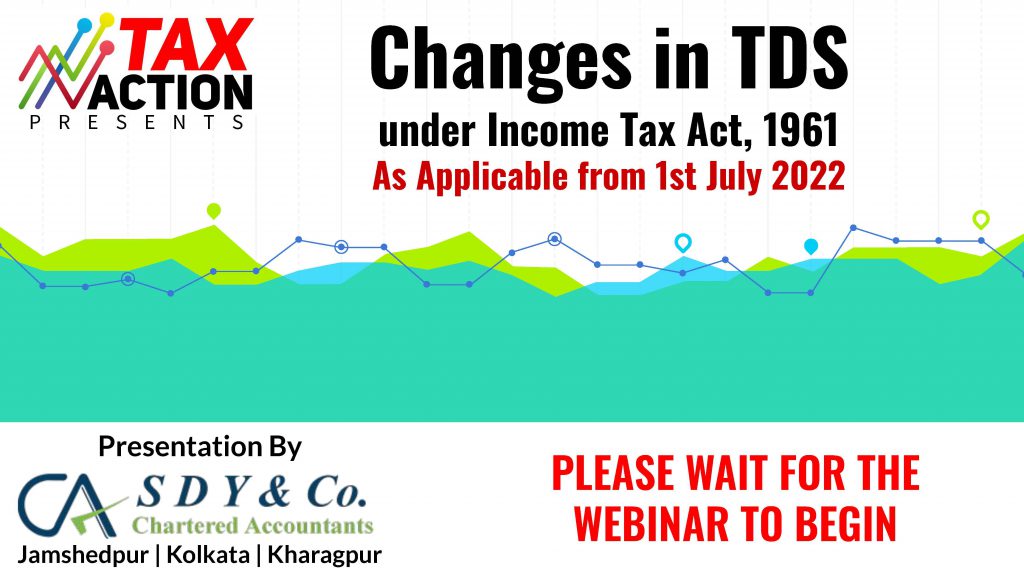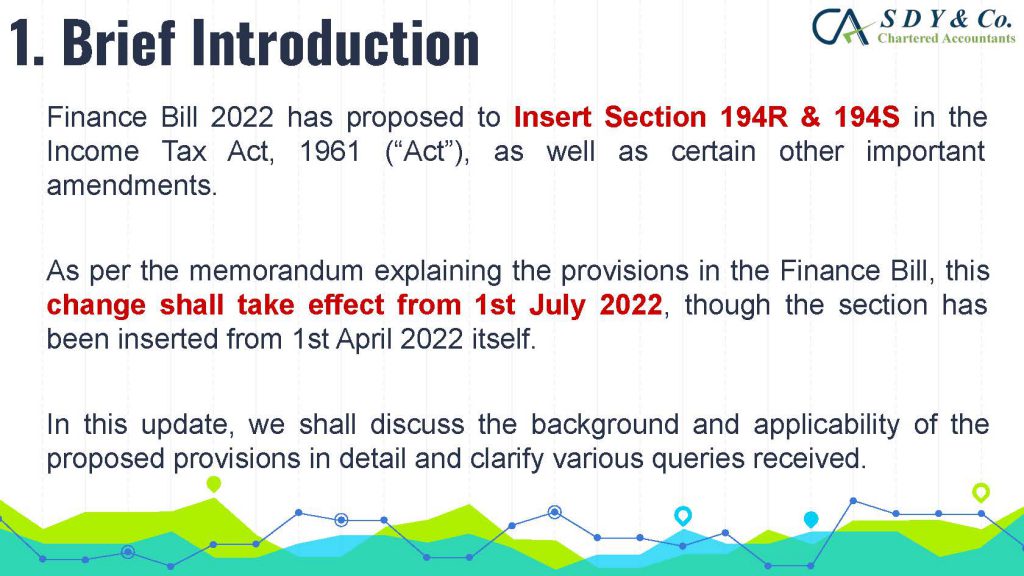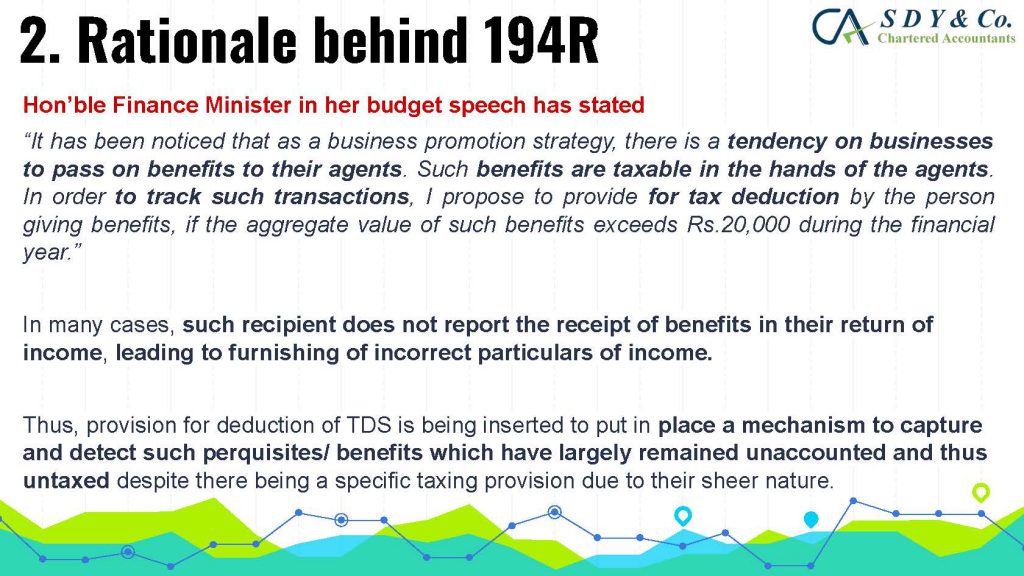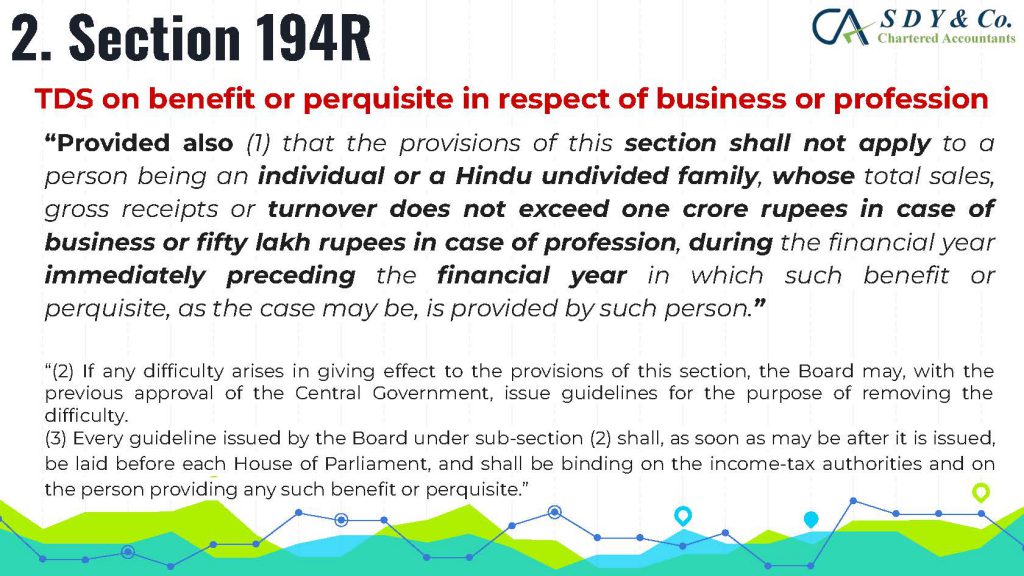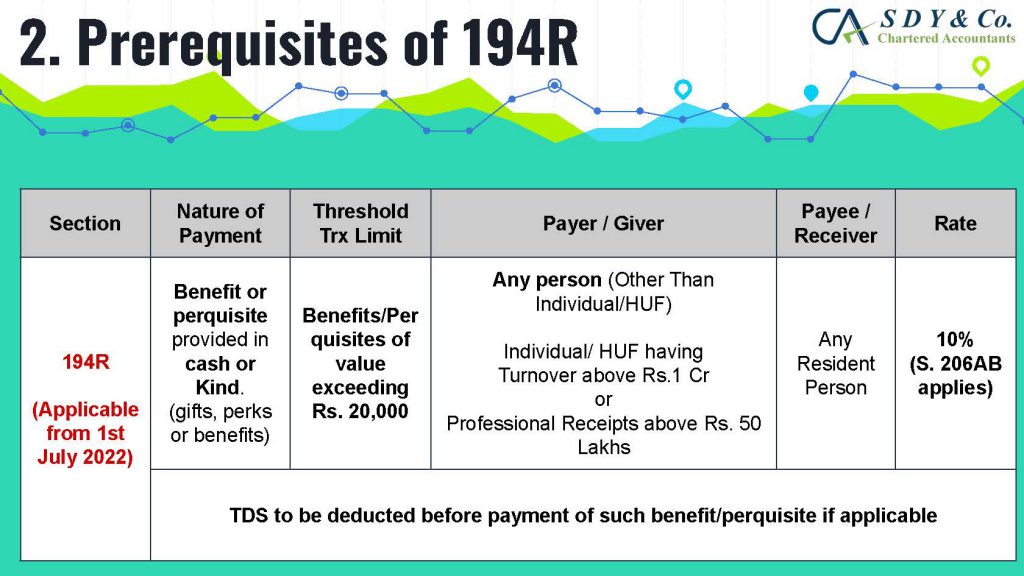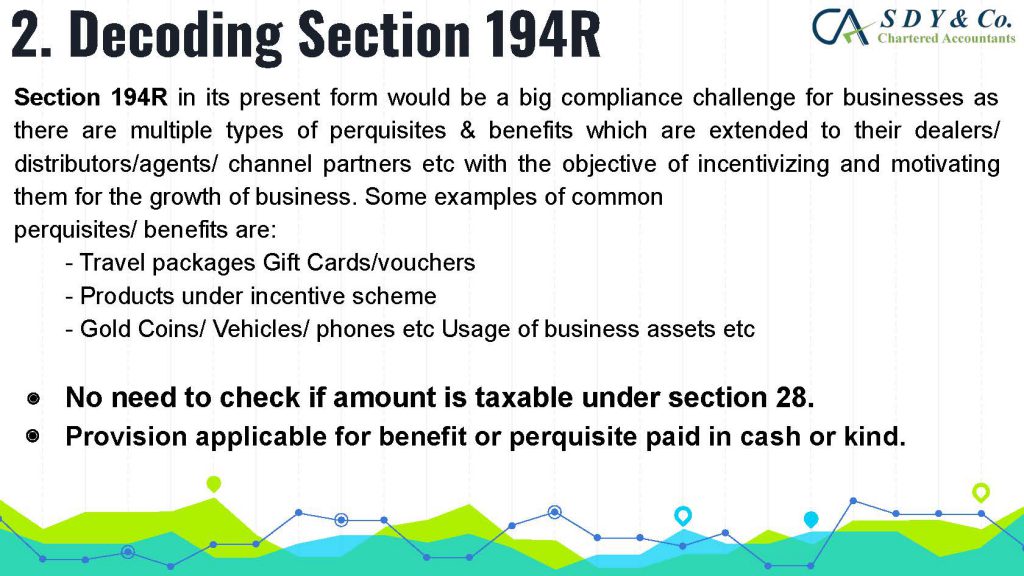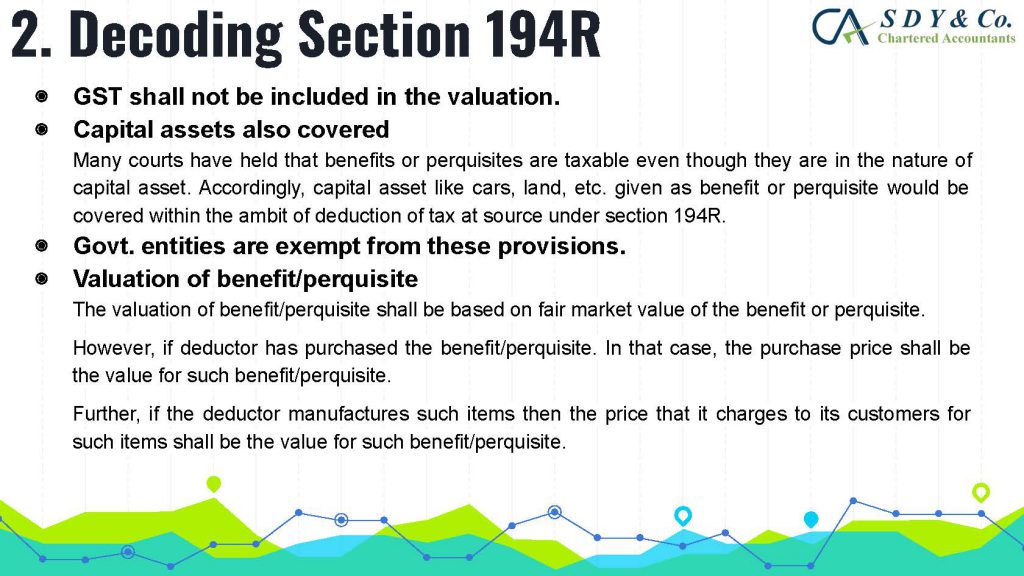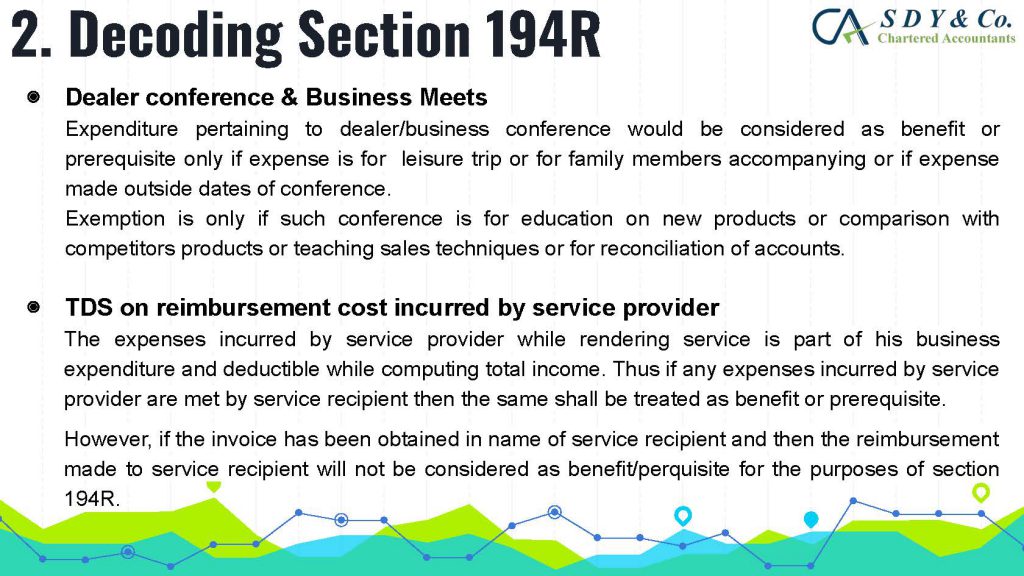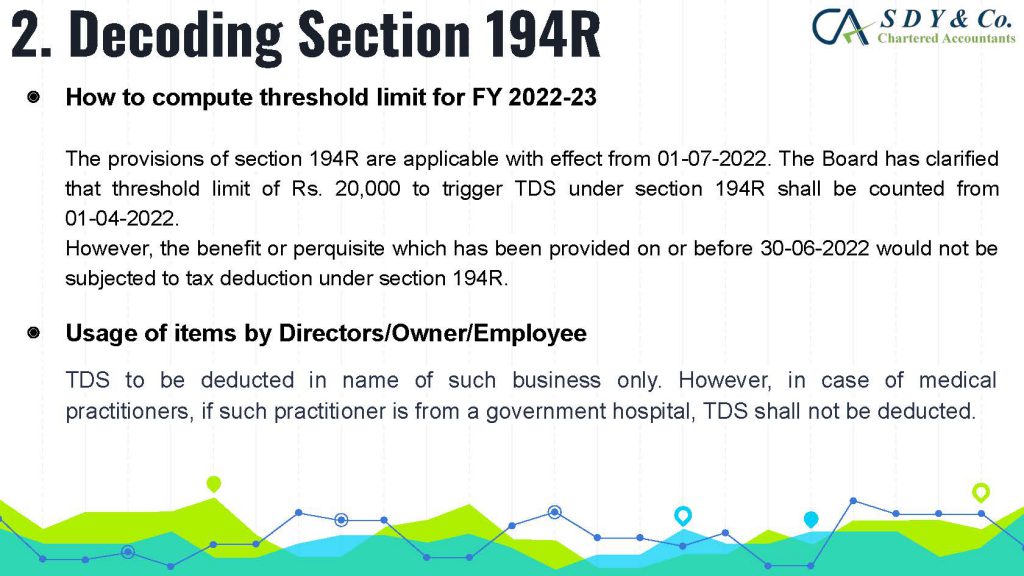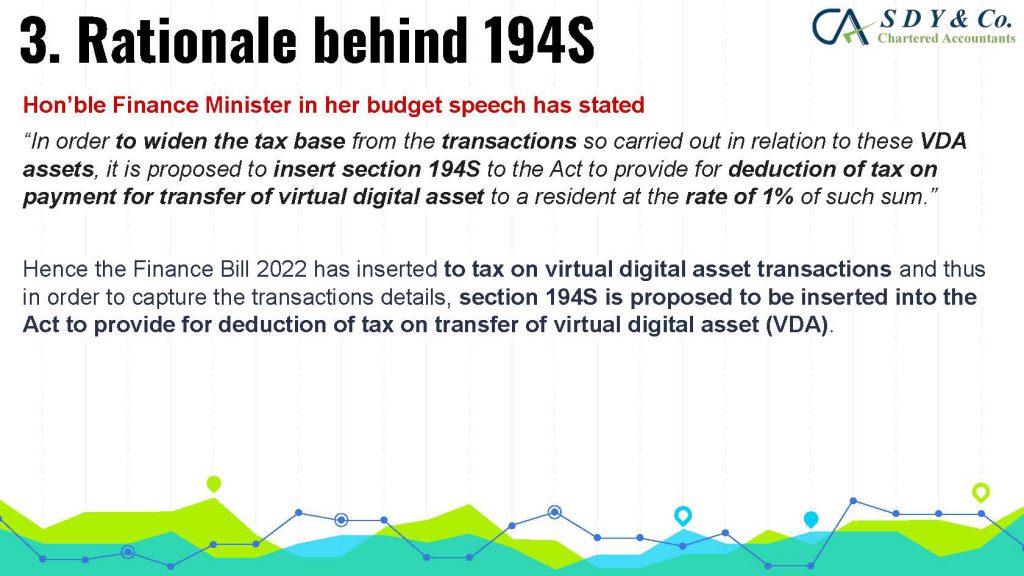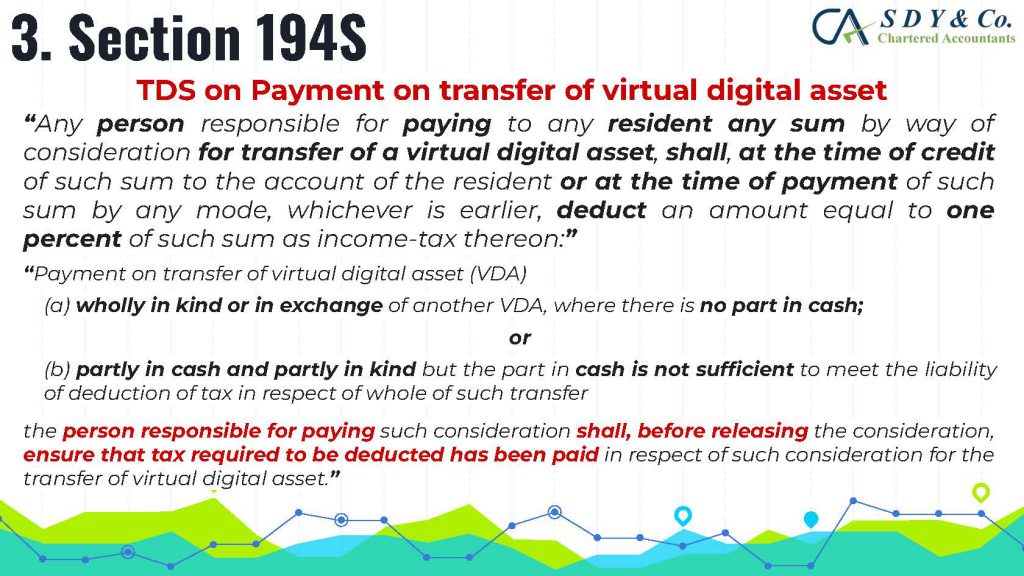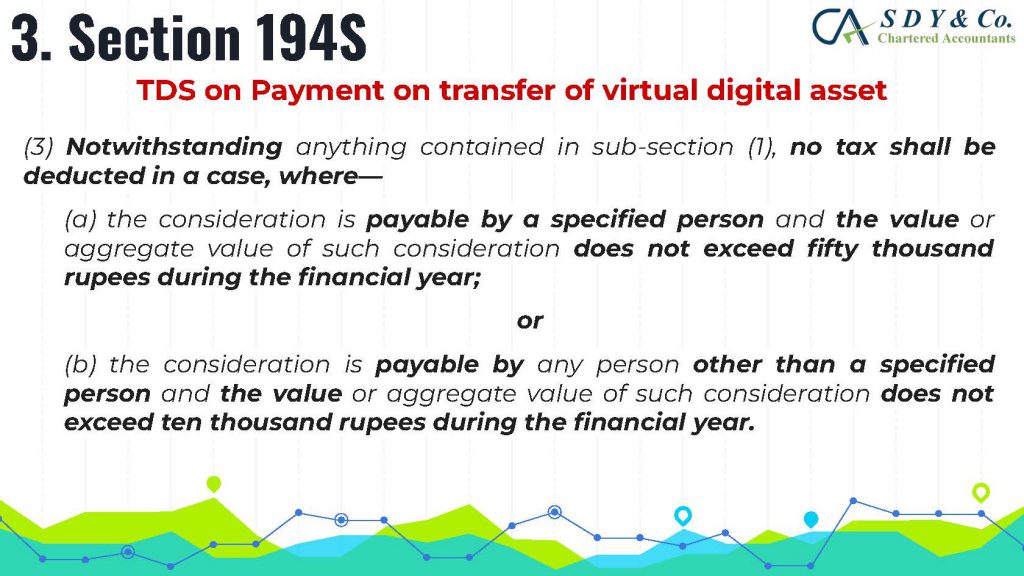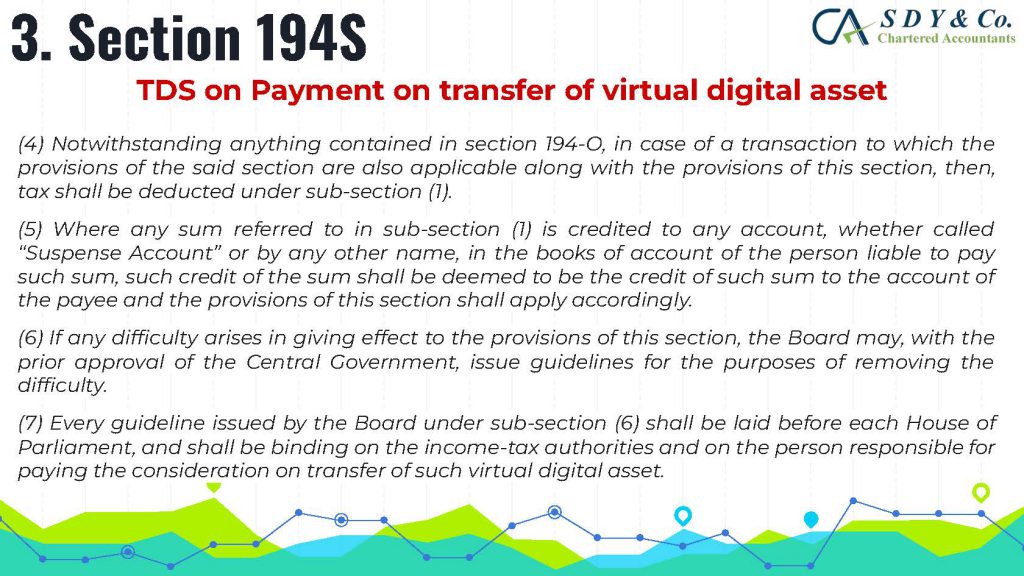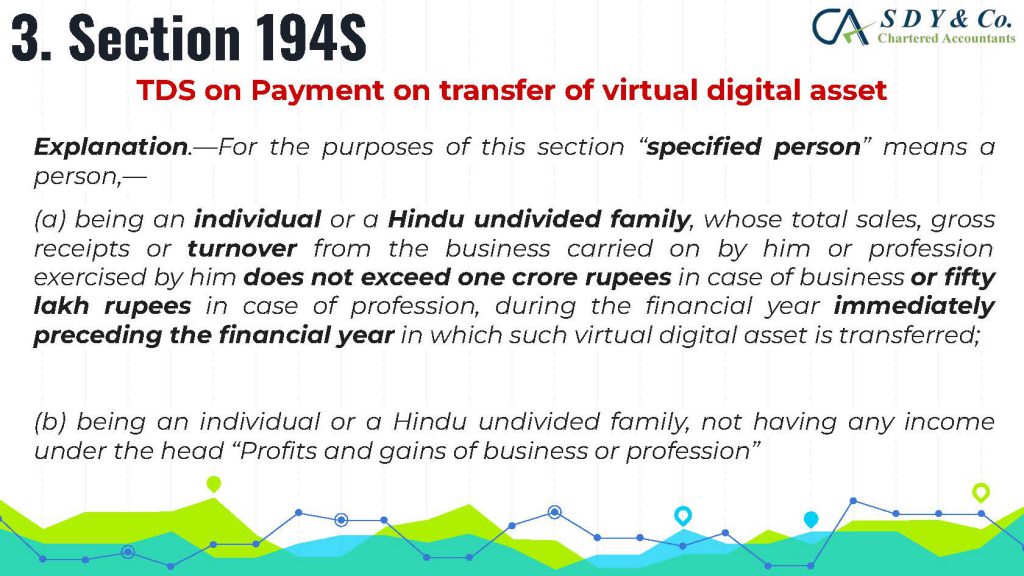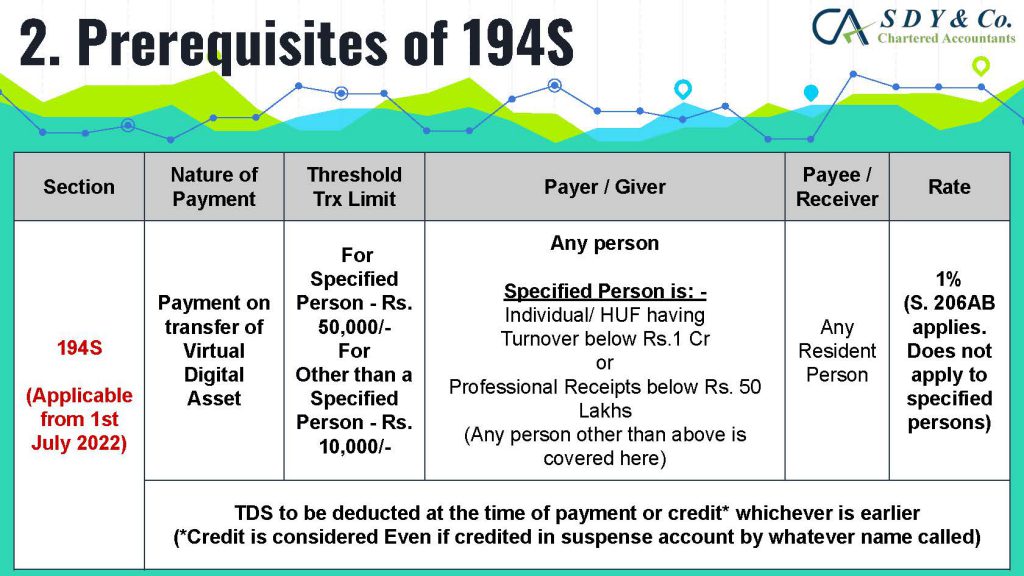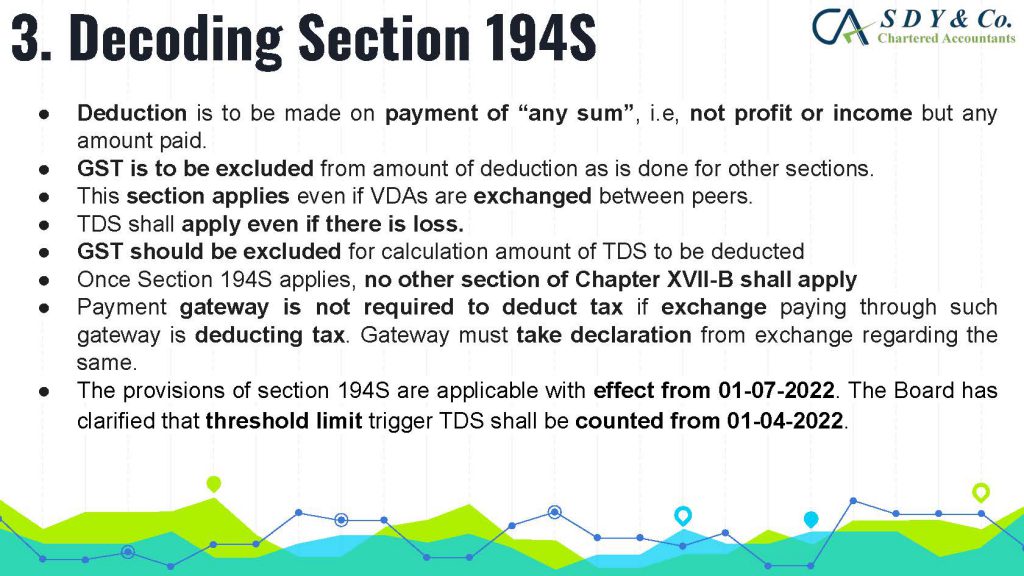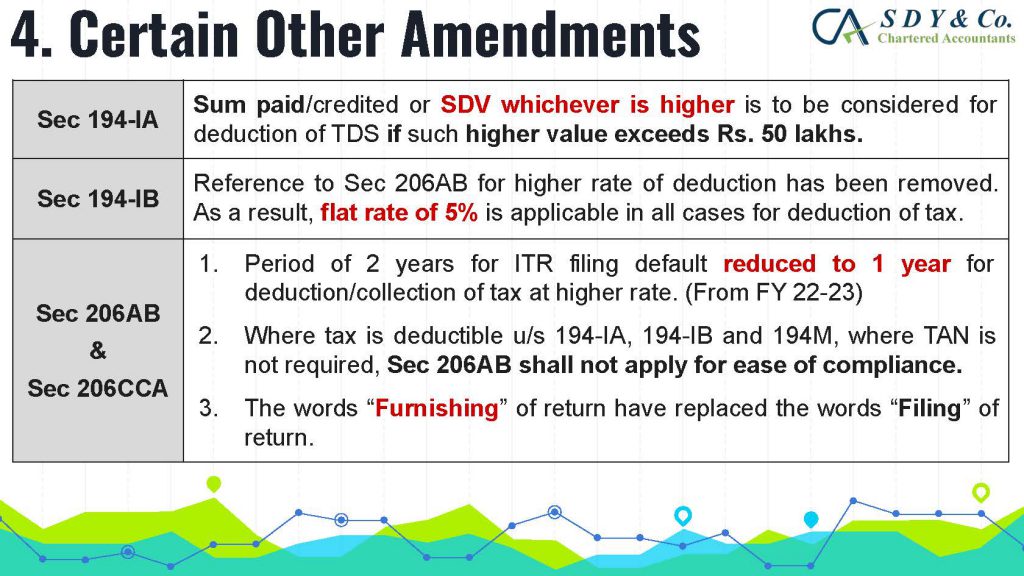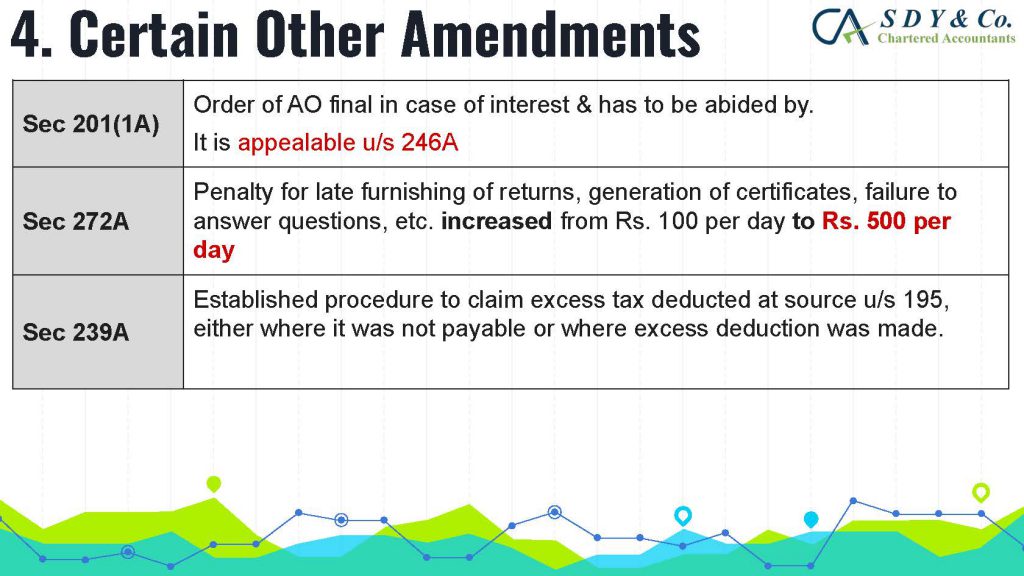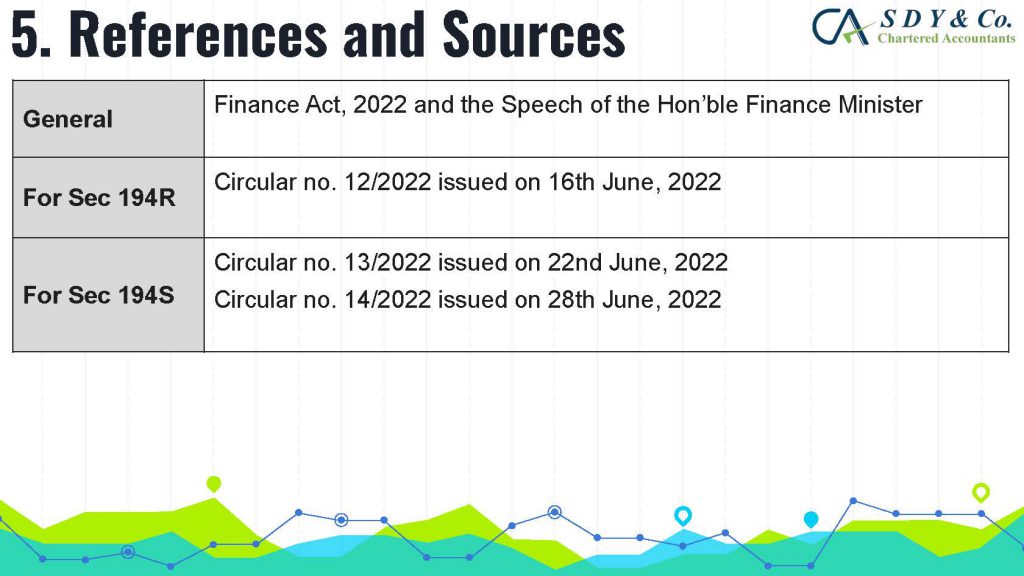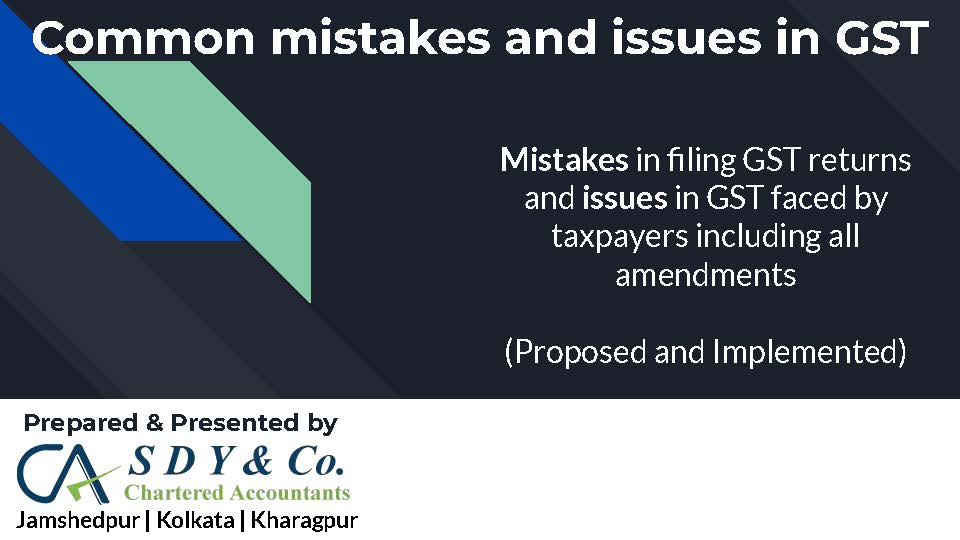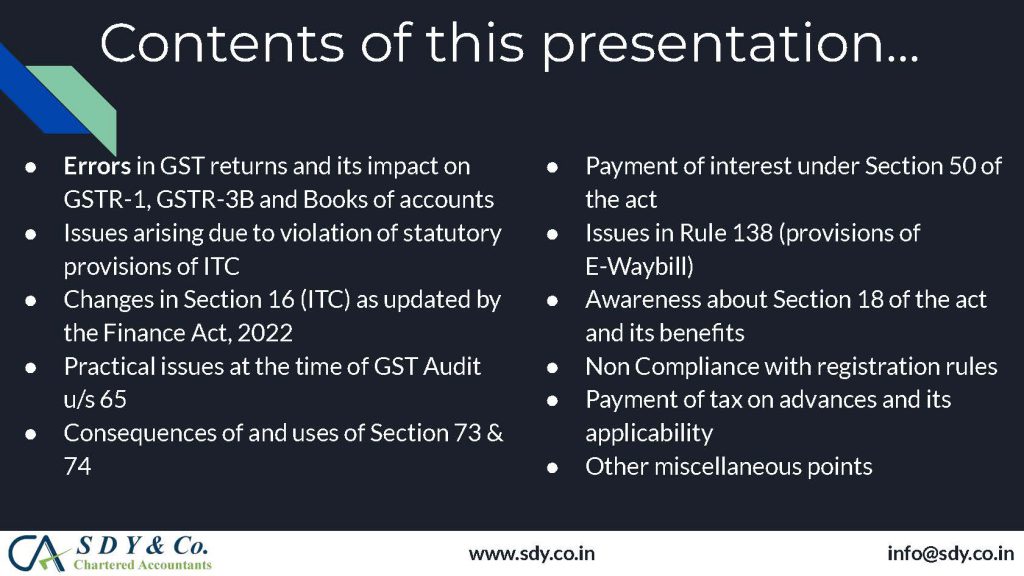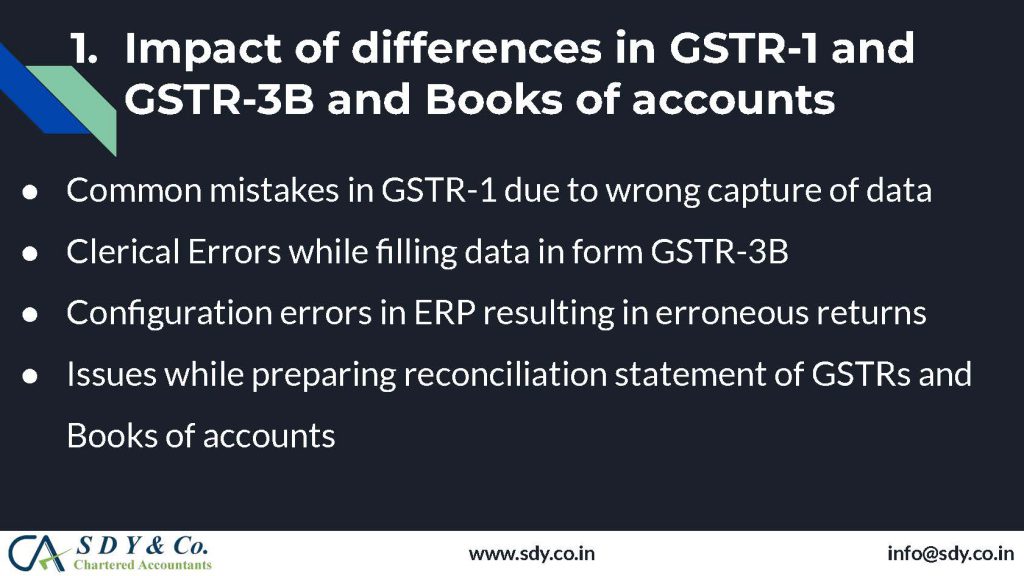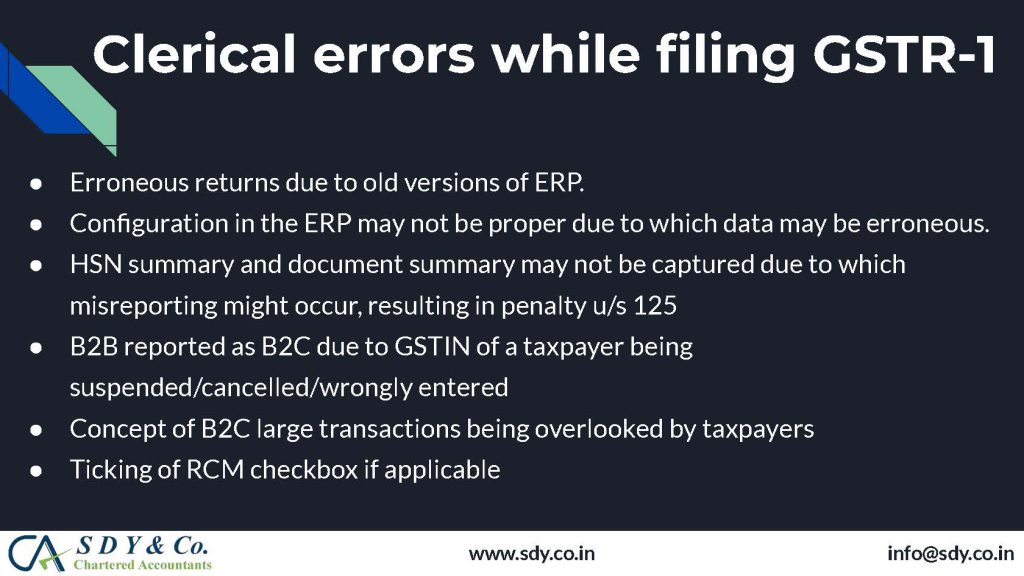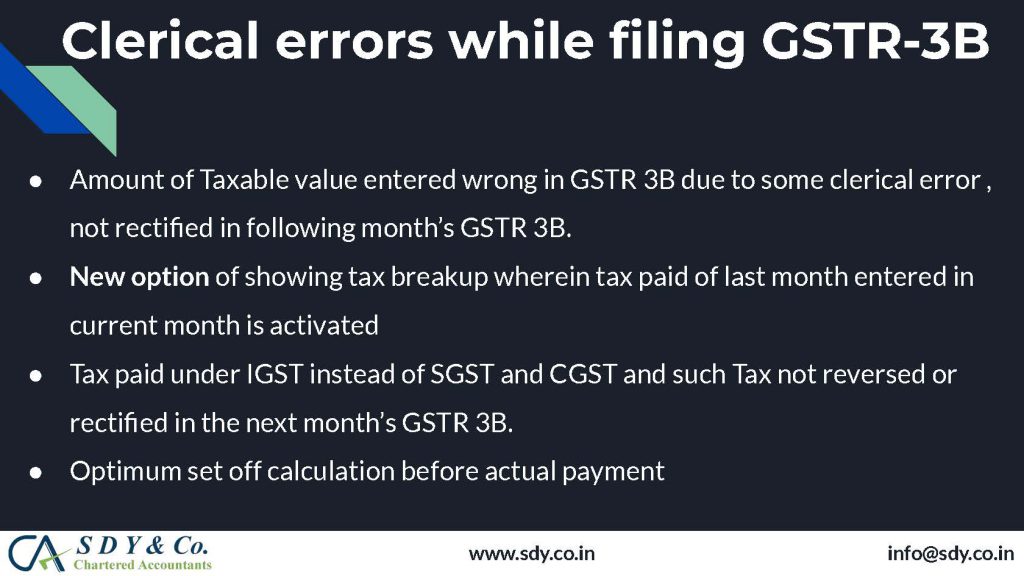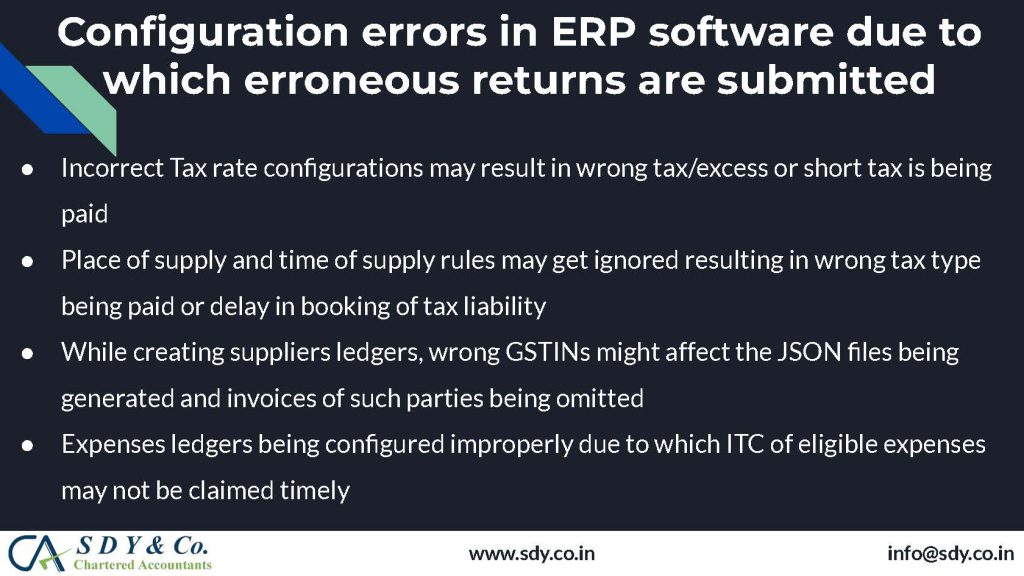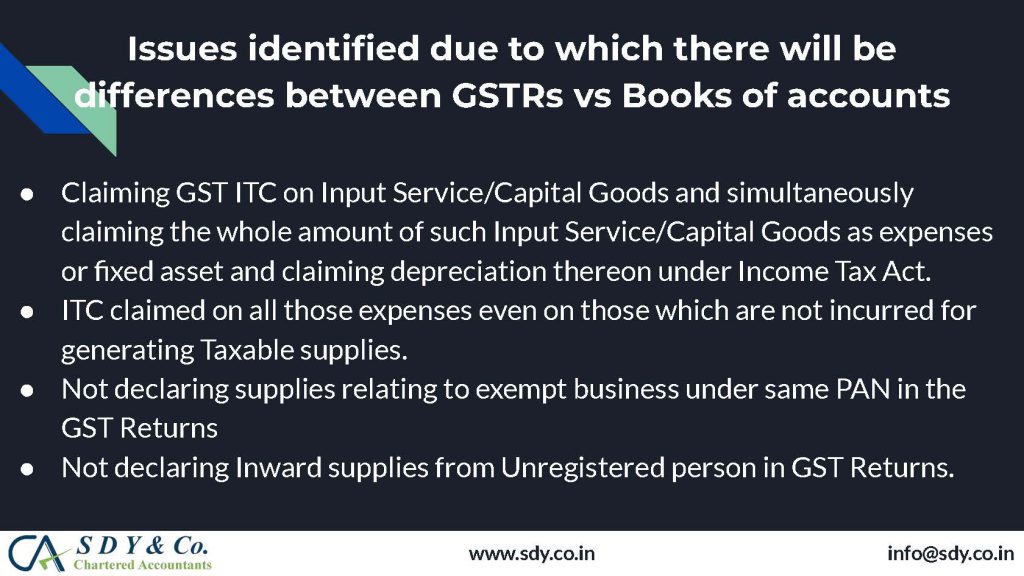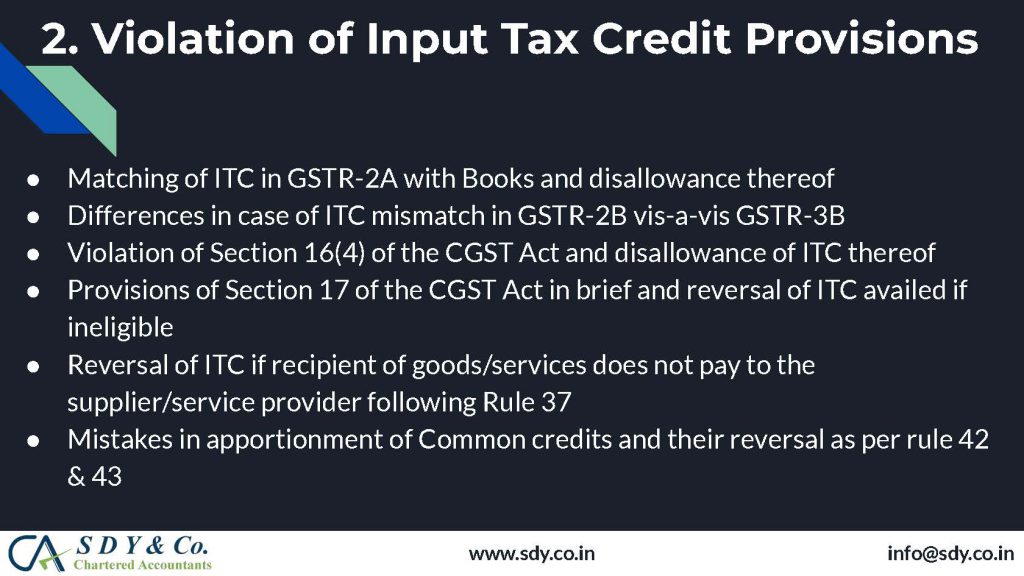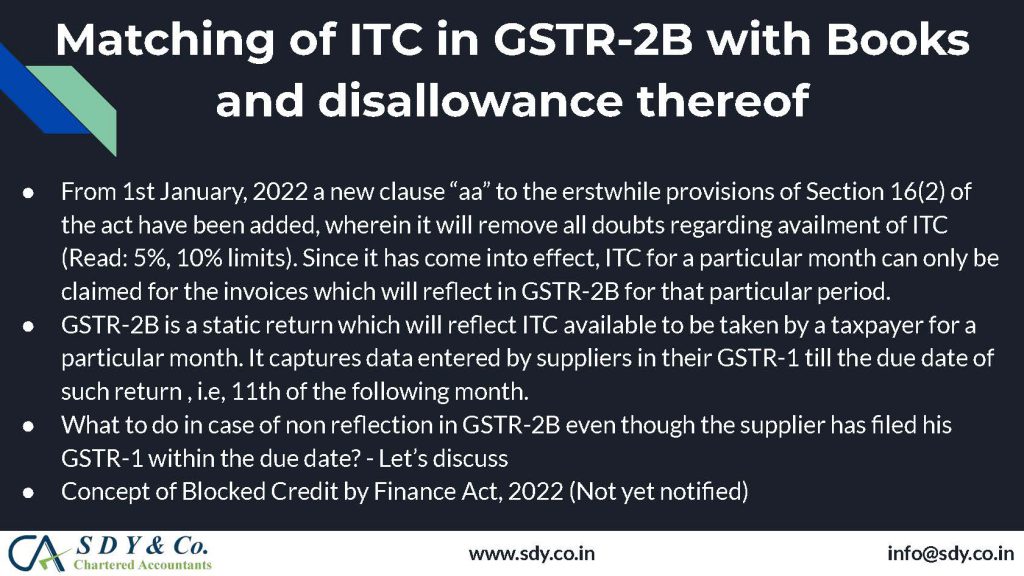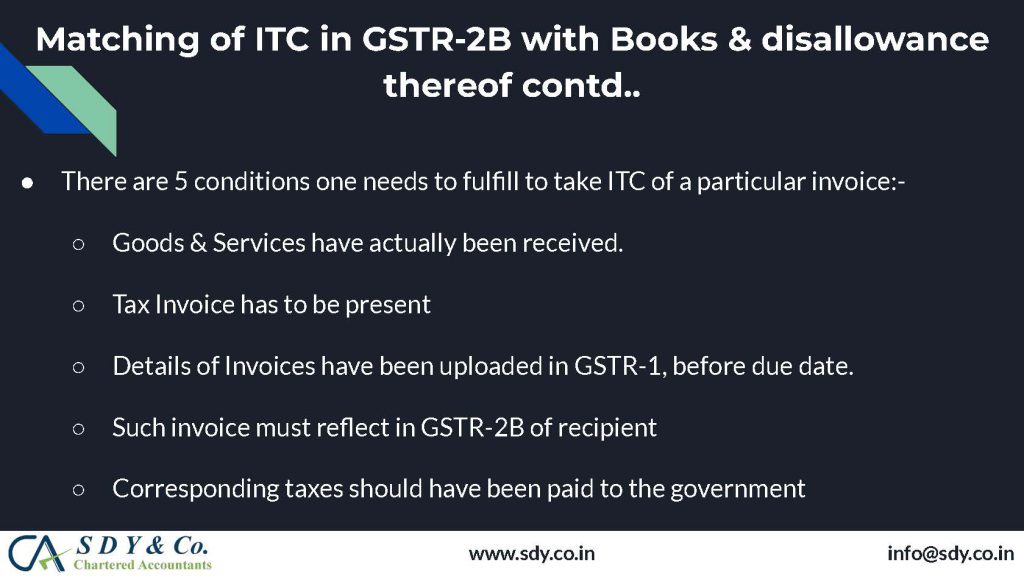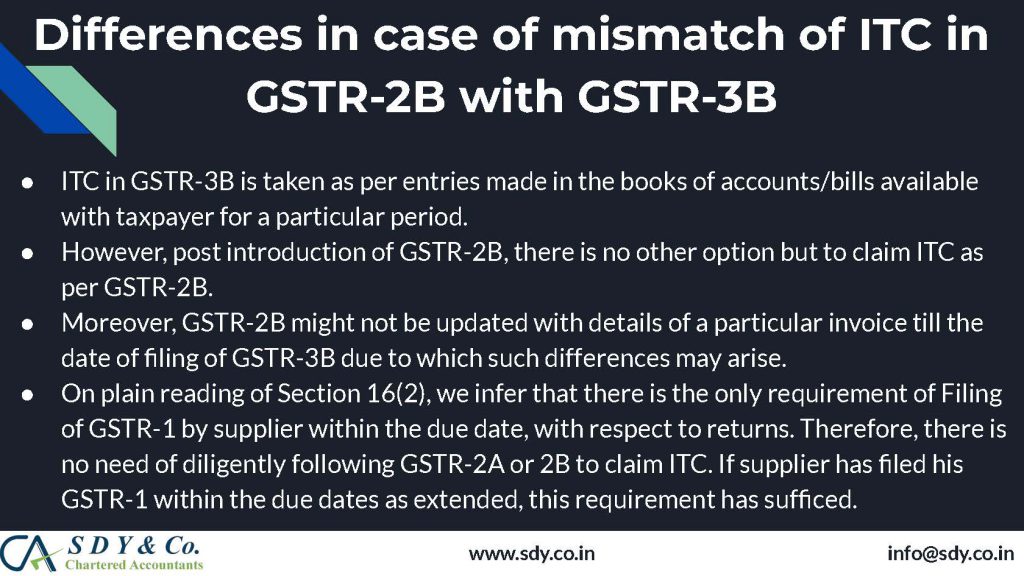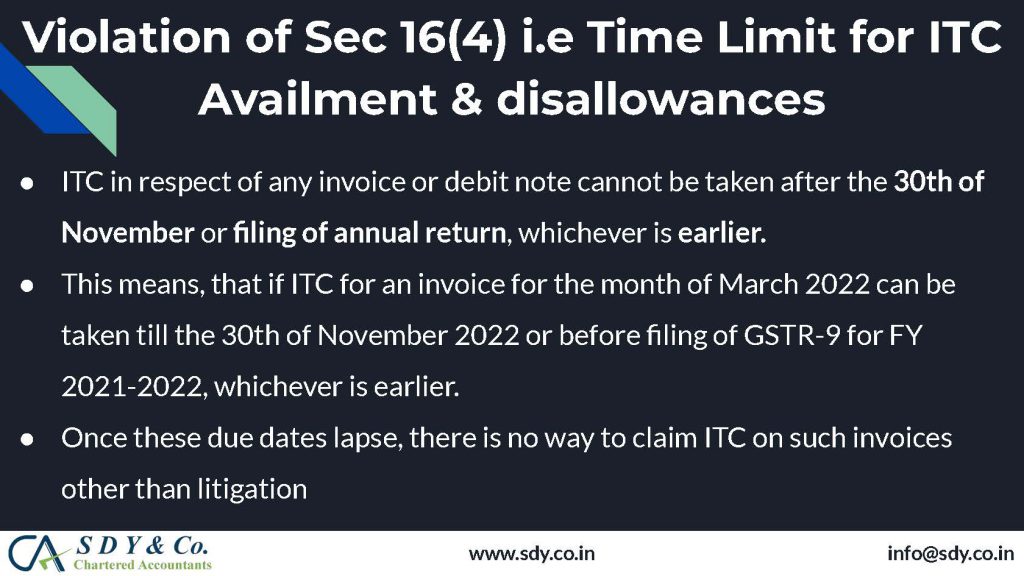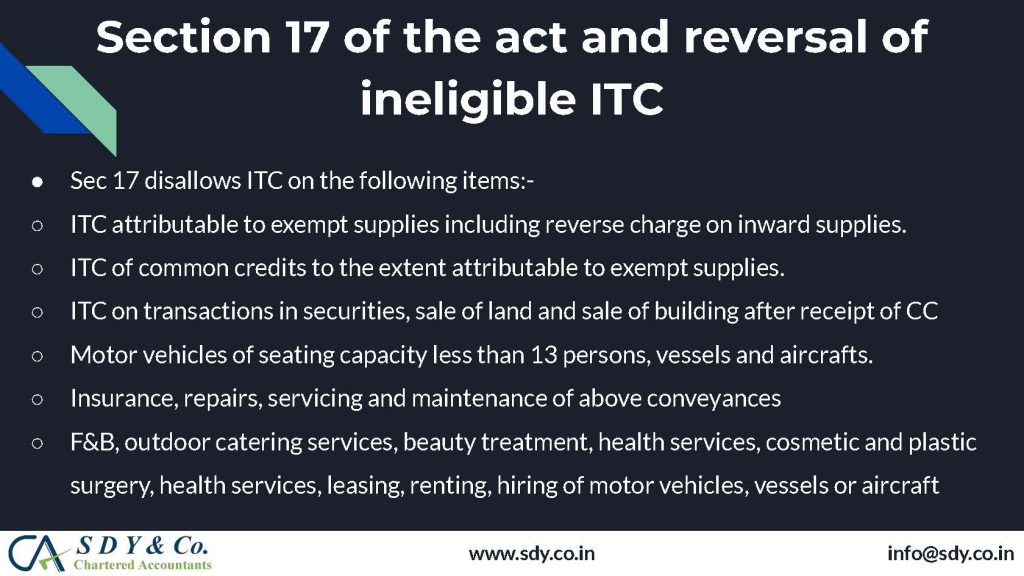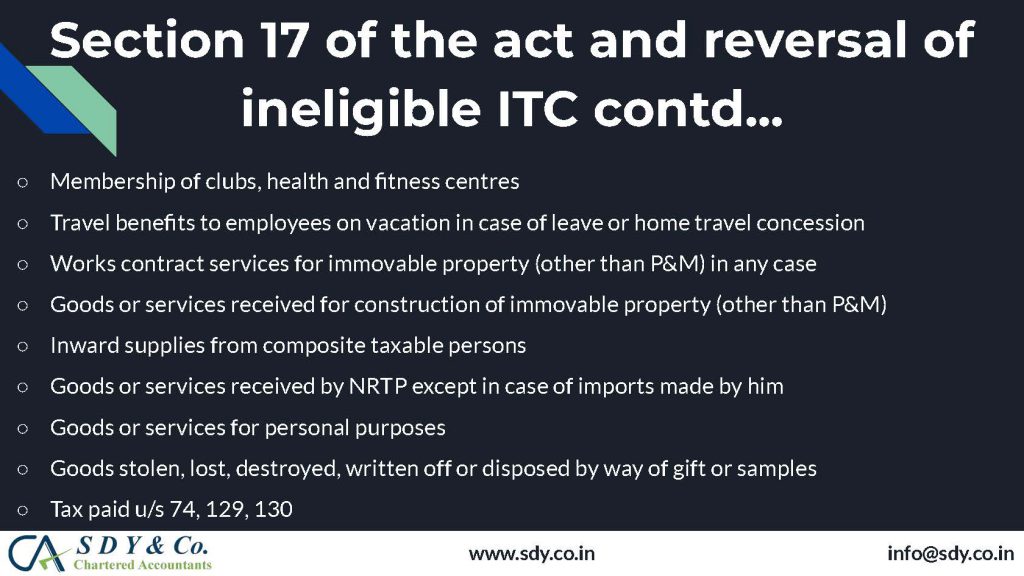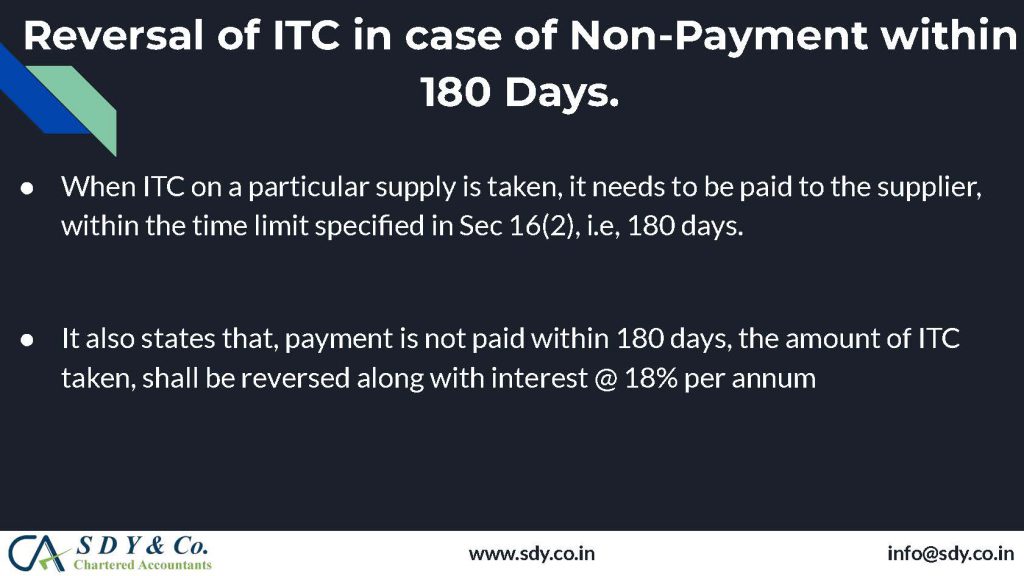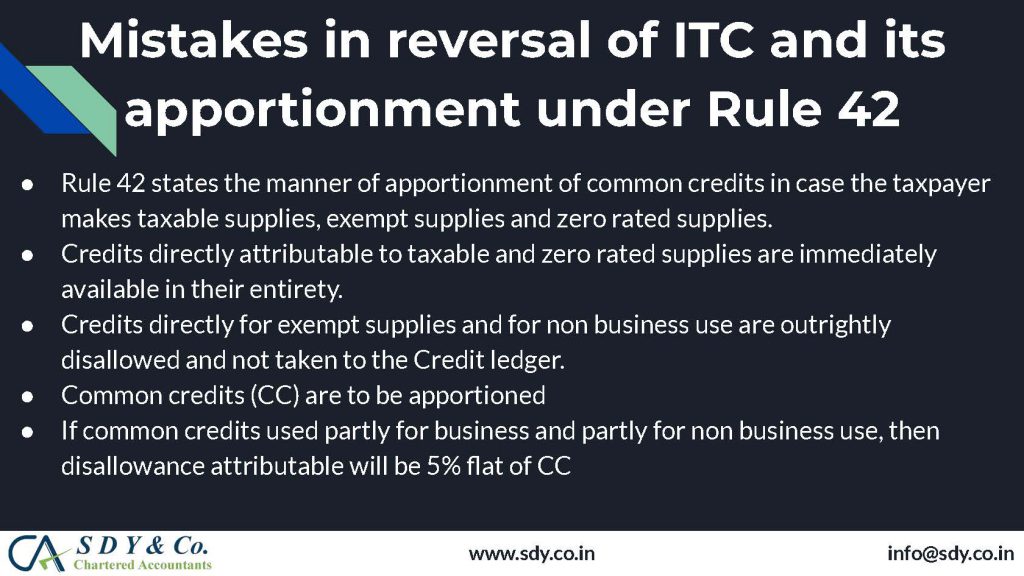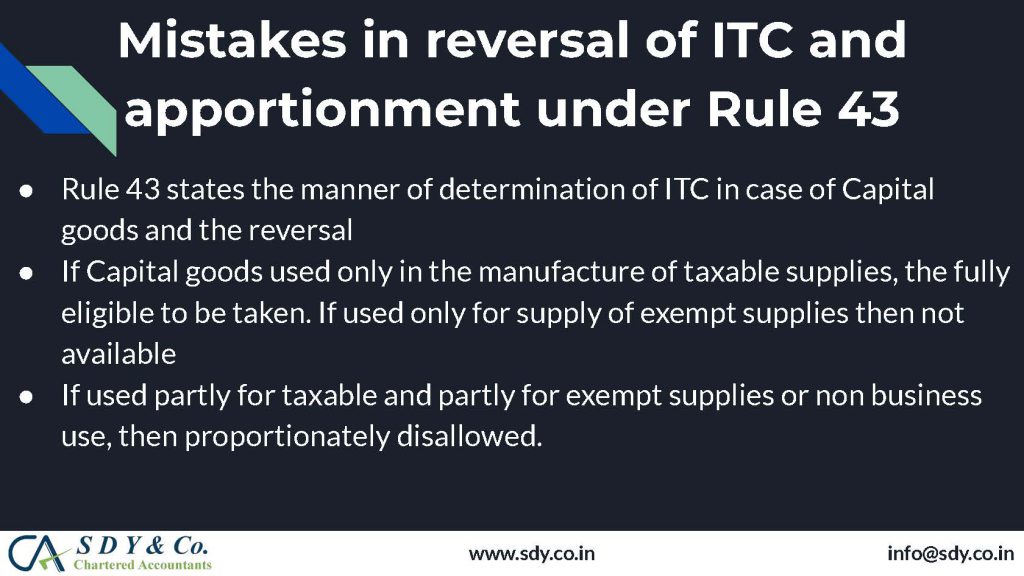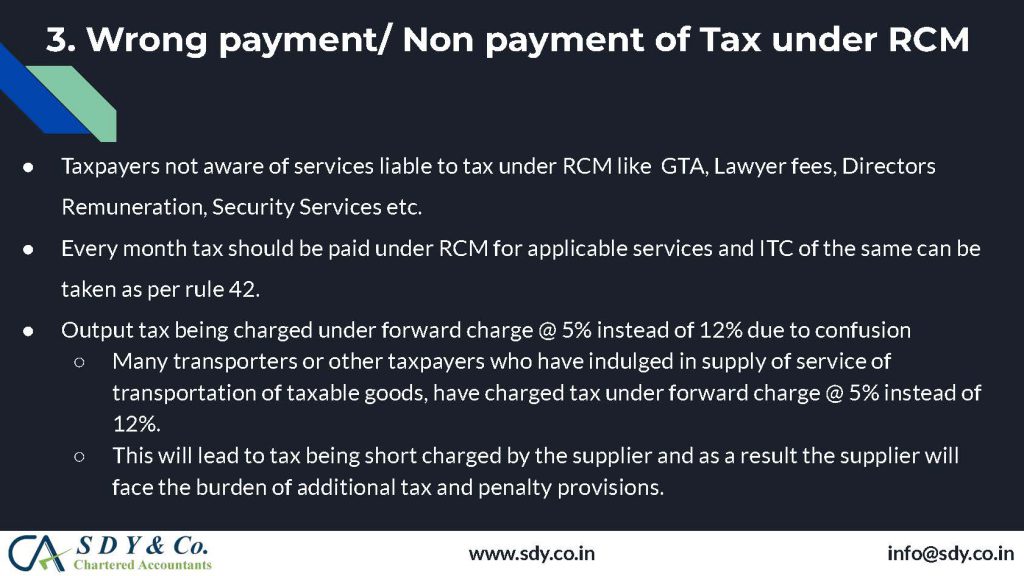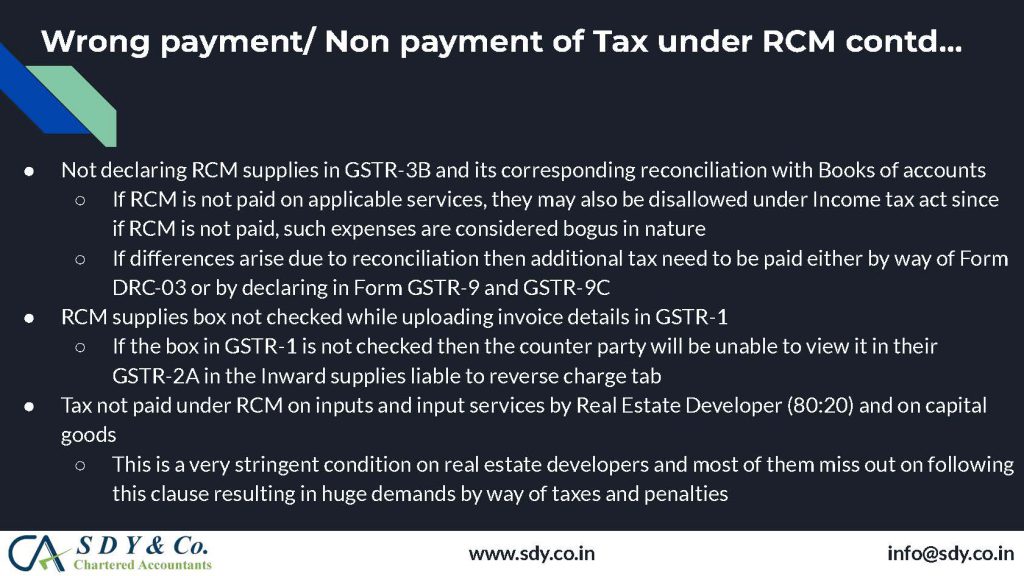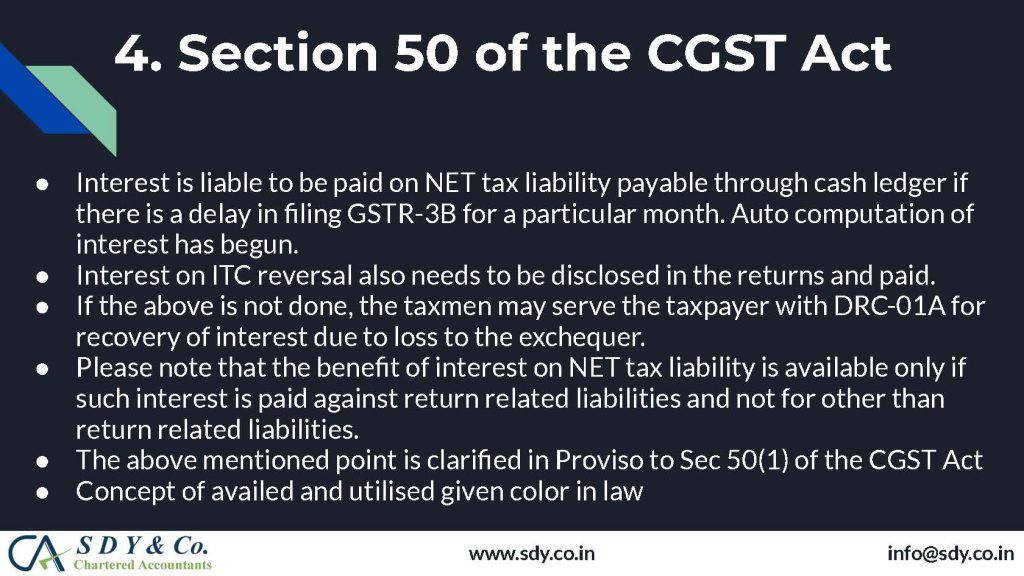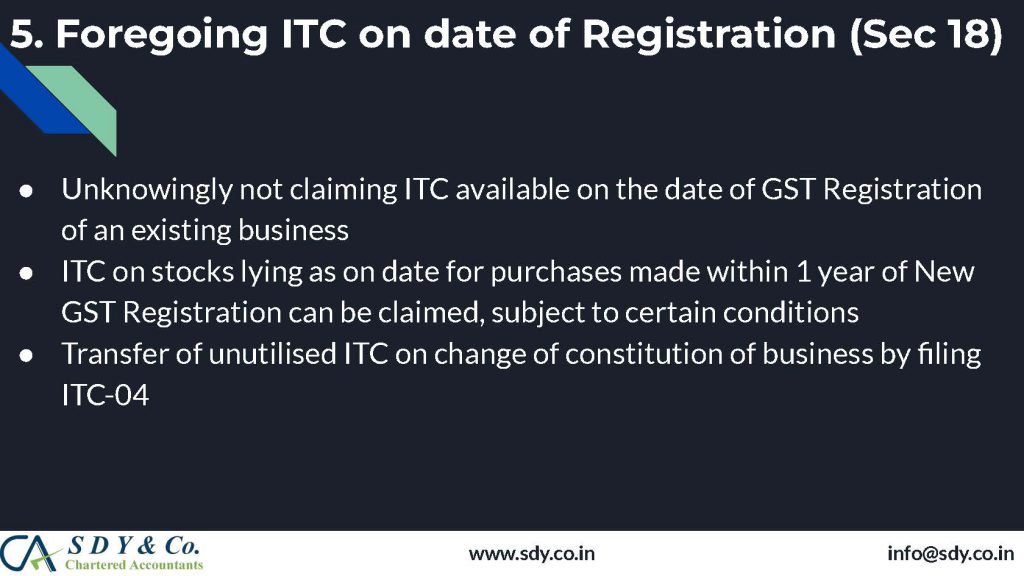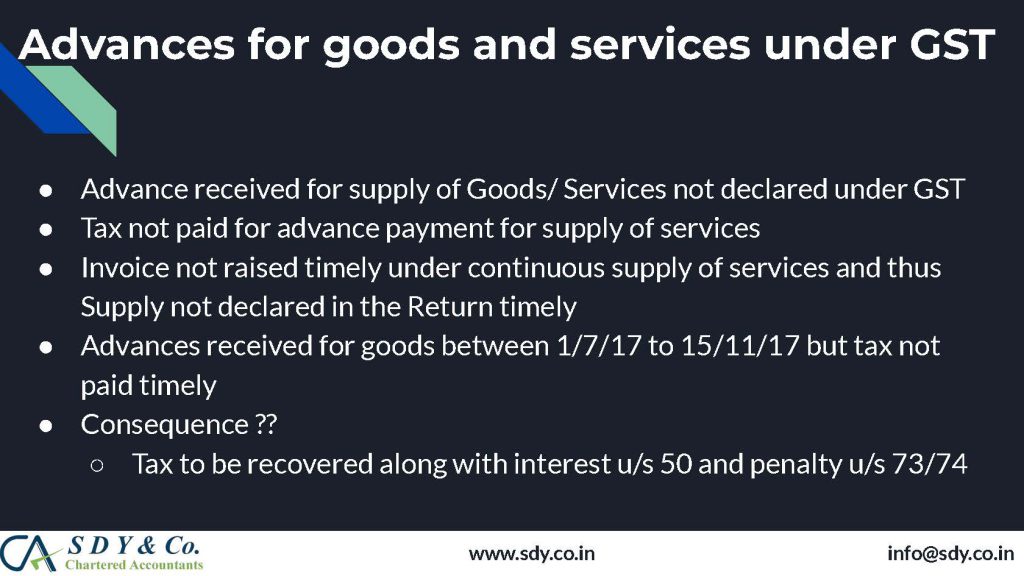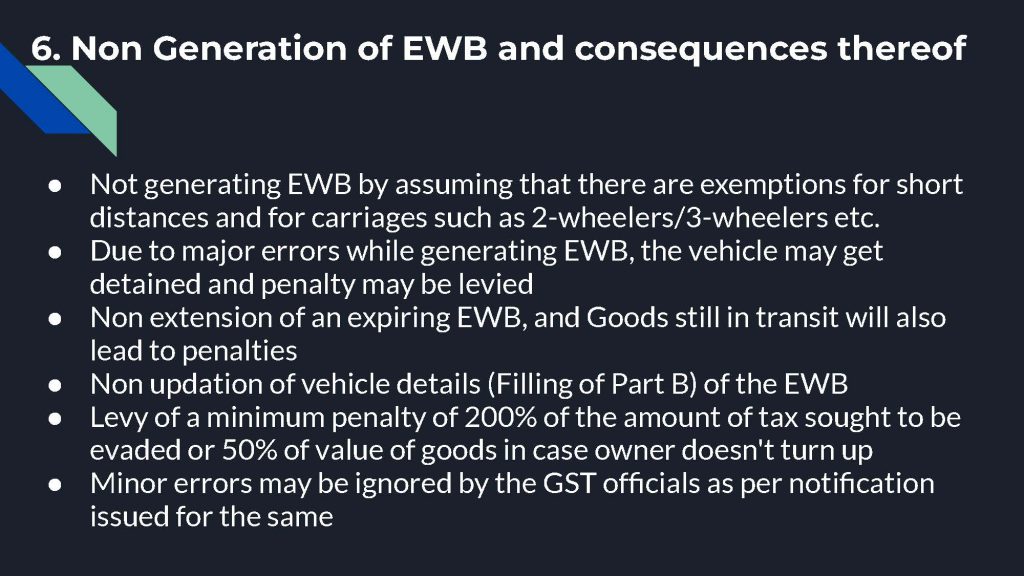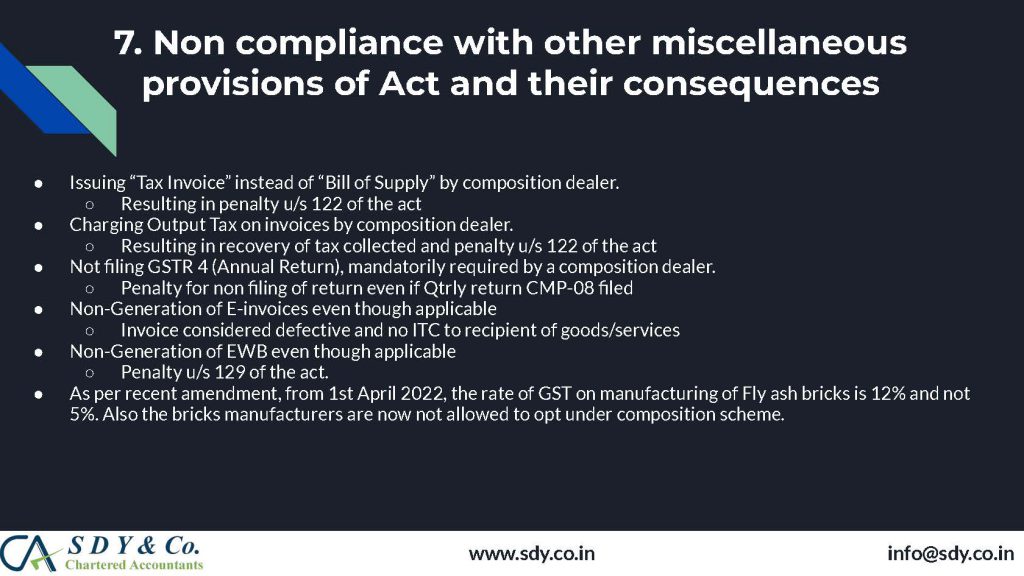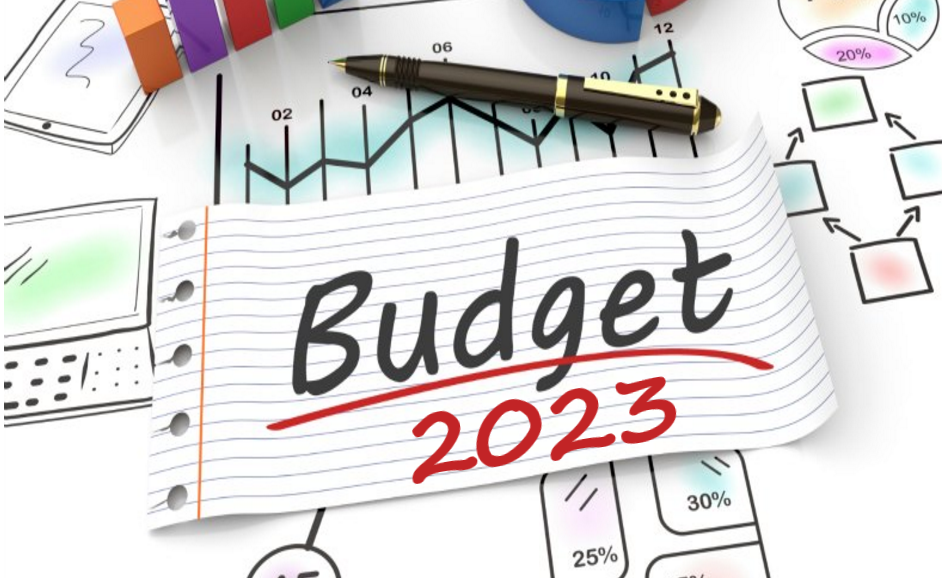
Saptarshi is the buzzword for the Modi Government 2023 Budget
1. Inclusive development
2. Infrastructure growth
3. Green Growth
4. Governance focus
5. Youth Power
6. Financial Empowerment
7. Agriculture digital Infra
INFRASTRUCTURE GROWTH
1. Special scheme to Boost Fisheries
2. Agri accelerator to boost start ups
3. India to be global hub for Sri Anna
4. Ministry for cooperative development formed
5. Massive spurt in opening medical colleges
6. National Digital Library for Youth
7. National Database for mapping cooperatives
8. Capex outlay hiked by 33% to 10 lakh Crores
9. 50 year interest free loans for states to continue for one more year
10. Rs.2.40 lakhs crores for Railways
11. 100 critical infra projects highlighted
12. Rs. 10000 crore for urban infra work
13. 3 centres of excellence to be set up for artificial intelligence.
14. PAN to be used as a common identifier in government websites through a online mandate( In simple terms KYC to be simplified)
15. Refund Schemes for MSME failure by government agencies
16. Rs. 7000 crores for Phase 3 of E-Courts
17. 100 labs for 5G services
GREEN POWER DRIVE
1. Net zero carbon emission target on track
2. Rs 19700 crores for national green hydrogen outlay
3. 13 GW Green energy from ladakh via investment of Rs. 20700 crores
4. Gobardhan Scheme for 2020 Bio Gas Plant
5. PM Pranam scheme for Agro Drive
6. 10000 Bio Input Research to be set up.
7. 83BN Central Support For Ladakh Energy
8. More funds for Old Vehicle Scrapping
YOUTH POWER
1. National Education Policy to focus on Skilling and Job Creation
2. New Age Skills like Robotics, Artificial Intelligence & IOT
3. Stipend Support to 47 lakhs Youth
4. Focus on Skill Development
5. New Application to Improve Tourism
6. Dekho Apna Desh Scheme to Promote Tourism
7. UNITY MALLS IN STATE CAPITALS to promote Tourism
FINANCIAL EMPOWERMENT
1. Credit Guarantee scheme for MSME :- Reducing credit guarantee by 1%
2. National Financial Registry for Financial Strategy
3. 9000 crores for MSMEs, Rs 2 lakh Crores for collateral
4. Banking Laws to be amended
5. SEBI to regulate and enforce awarding of diplomas
6. Senior Citizens Saving Schemes to be doubled to 30 Lakhs
7. Mahila samman bachat scheme for women with 7.5% interest
8. Savings Schemes for women up to 2 years
9. Fiscal deficit is estimated at 5.9% of GDP
INDIRECT TAXES
1. Tax exemption on Capital Goods and lithium Batteries for Electric vehicles
2. GST Exemption on Blended CNG
3. Custom Duty reduced from 21% to 13%
4. Mobiles Cameras lenses to get cheaper
5. Customs on Kitchen Chimney to go down
6. Gold Silver Diamonds to get expensive
7. Clothes to become more expensive
DIRECT TAXES
1. MSME with turnover upto Rs. 3 cr (Sec 44AD) and Rs. 75 lakhs (Sec 44ADA) can avail benefit of presumptive taxation scheme
2. Tax relief to 3.7 lakhs for customers whose cash receipts is 5%
3. New IT return form for easing Filing returns
4. Higher TDS limit of 3cr for Cooperatives
5. Lower Taxes on Higher Digital Payments
6. 100 Joint Commisioner to dispose small Tax disputes
7. TDS reduced on EPF withdrawal
PERSONAL INCOME TAX
1. Rebate limit upto 7 lakhs for those who opt for the Alternative Tax Regime
2. Slab rates under the Alternative Tax Regime
Upto 3 laks nil
Rs. 3-6 lakhs – 5%
Rs. 6-9 lakhs – 10%
Rs. 9-12lakhs – 15%
Rs. 12-15 lakhs – 20%
Above 15 lakhs – 30%
3. Standard deduction increased to Rs. 52,500 for Salary upto 15.5 lakhs
4. Highest Surcharge reduced to 25% from 37%. MMR now at 39% instead of 42.7%.
5. Leave encashment increased to Rs. 25 Lakhs
6. The Alternative Tax Regime will be the default selection. Old Regime needs to be selected expressly if it is to be opted for.
7. There are no changes in the Old taxation regime. All metrics are the same as in the previous assessment year.
✅ FURTHER HAVE TO SEE THE BUDGET SPEECH AND FINANCE ACT BLUE PRINTS.
